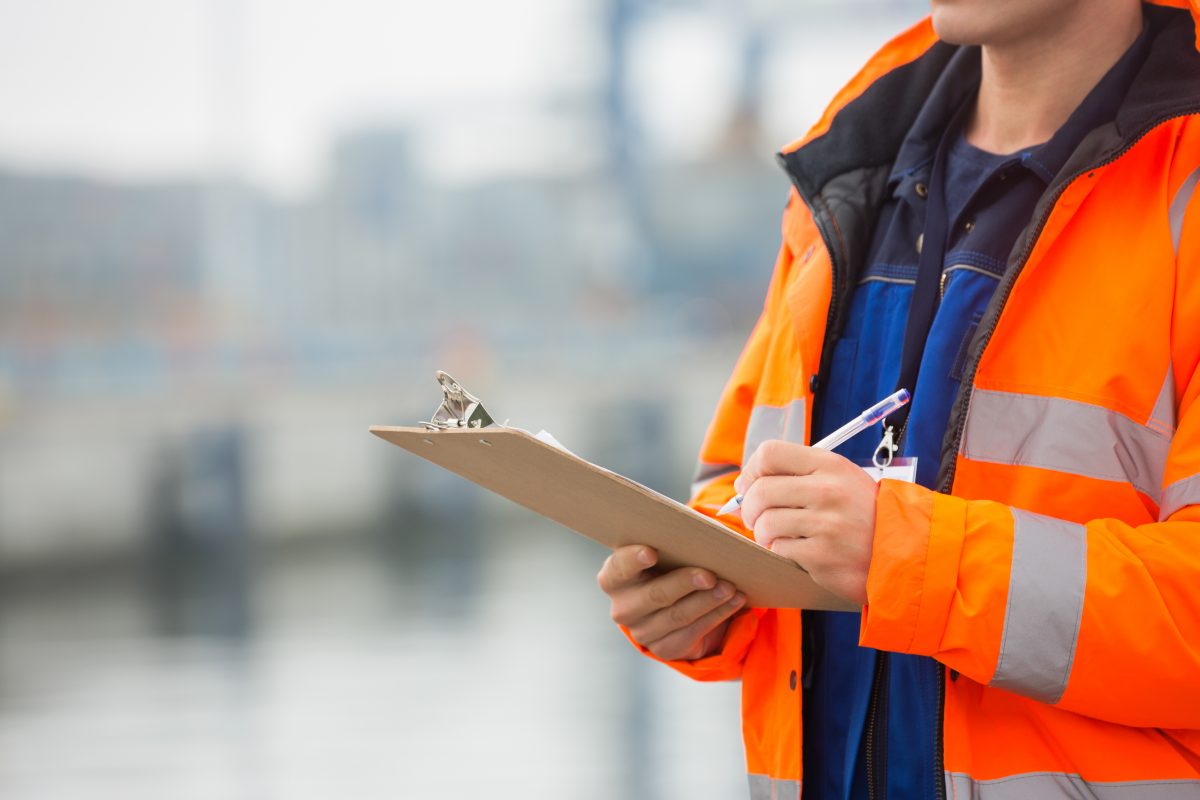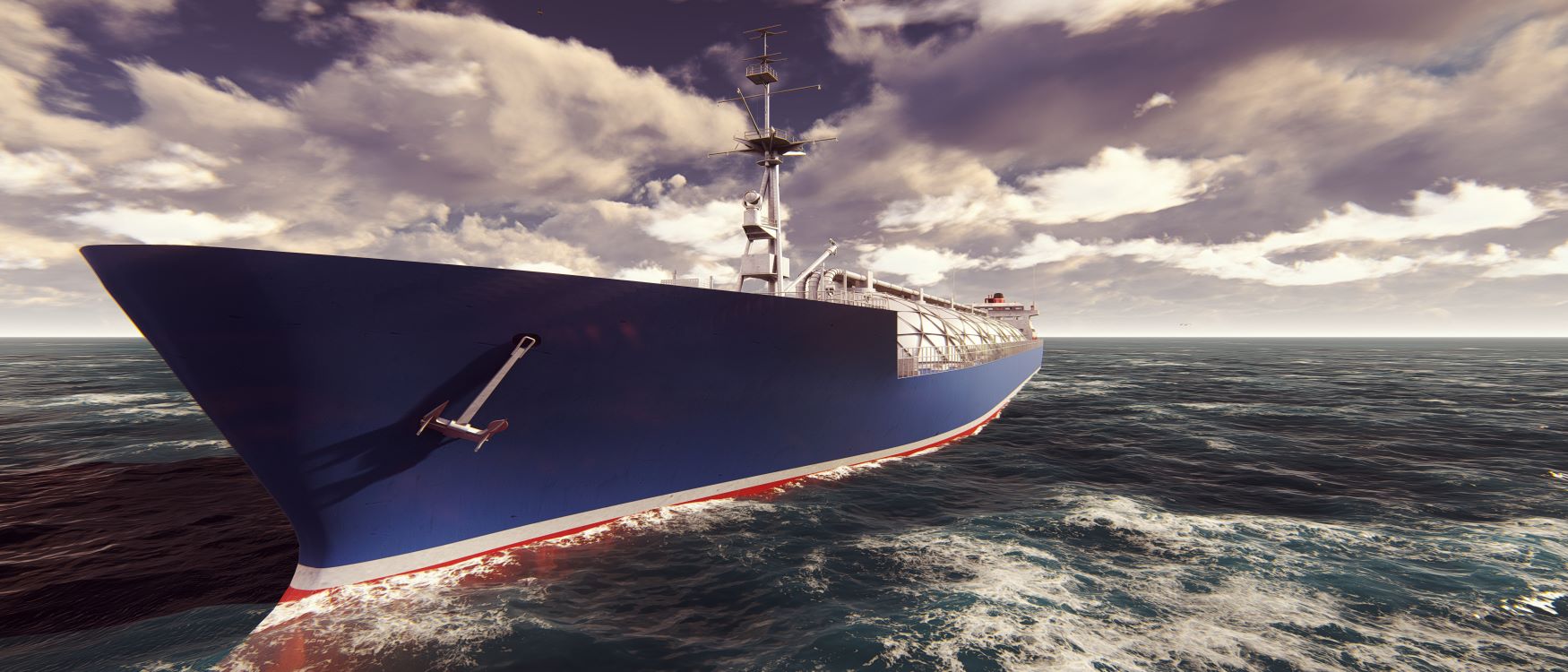One of the most important aspects of maintaining high standards in maritime operations is through training. An inclusive approach enhances the skills and knowledge of officers and crew while ensuring safety, efficiency, and compliance with industry standards.
The Maritime Skills Academy (MSA) is pivotal in providing top-tier training for maritime professionals. The MSA helps clients elevate their operational capabilities and safety standards by utilising state-of-the-art facilities, expert trainers, and world-class simulators.
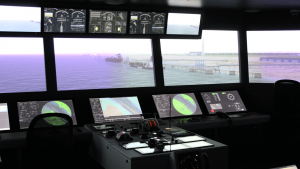
Training is an ongoing process that encompasses various aspects of shipboard life, from technical skills to safety protocols. At the MSA, clients can benefit from hands-on training in navigation, engineering, and communication systems using the latest technologies.
Our bridge simulators offer realistic scenarios, so crew can better prepare for emergencies and crisis situations, in accordance with the maritime regulations set by the International Maritime Organization (IMO).
Accident Investigation
Accident investigation is critical for improving safety standards in any industry. Using our expert analysis, instructors guide clients in identifying causes of accidents and implementing preventative measures.
Based on the investigation, the client will then receive documented recommendations to improve safety protocols on board, enhancing the safety of crew and passengers.
HR and Policy Creation
Effective Human Resources (HR) management and policy creation are crucial for successful operations.
Clients will receive expert advice on developing clear policies and strategies around working hours, rest periods, and crew welfare. As a result, the client will be better equipped to support their crew and increase staff retention.
Safety Procedures Advice and Design
Designing robust safety procedures is a cornerstone of onboard training. As part of our training package, the MSA can provide clients with guidance by creating tailored Standard Operating Procedures (SOPs) for daily operations and emergencies. Our expert trainers will work with clients to identify potential hazards and establish effective mitigation strategies to accompany this. Involving the crew in safety planning will foster a safety culture, increasing crew engagement.
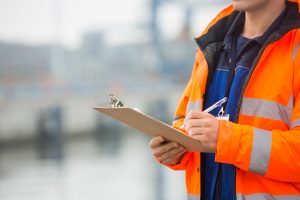
Safety Audits
Clients will benefit from thorough assessments, guaranteeing their vessels comply with safety standards. This can then be supported by actionable advice to enhance existing measures and practices. But the support doesn’t stop there. We believe in “Setting New Standards Together,” which is why, at the MSA, our clients can receive ongoing support to maintain high safety standards through regular audits and assessments.
Port Studies
Port studies are crucial for understanding local conditions and regulations. With the assistance of our bridge simulator, crew can gain insights into port layout, and specific regional rules for efficient navigation and operations. This progressive approach will help crew to anticipate and mitigate potential risks specific to each port.
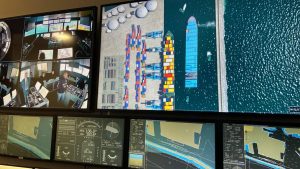
Independent Officer and Crew Skill Set Assessments
Utilising bridge and engine simulators, regular assessments of officers and crew are vital for maintaining high standards on board. The MSA offers skill evaluations, in which clients receive detailed assessments of crew and officer skills, knowledge, and performance. With regular evaluations, clients can promote accountability and excellence in their operations.
How can the Maritime Skills Academy support you with Maritime Training?
As stated, training is critical in elevating safety and efficiency in the maritime industry. The MSA is a leader in providing high-quality training, assessments, and audits, utilising our state-of-the-art facilities.
Book with us today to enhance your operational capabilities and maintain the highest standards of excellence.
To learn more about these training courses, please email Director of Training and Simulation, Plamen Marinov at: plamenm@vikingmsa.com
